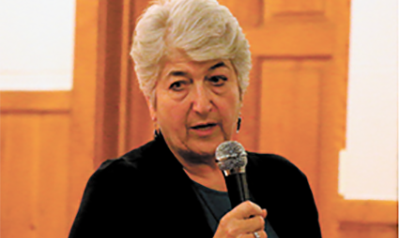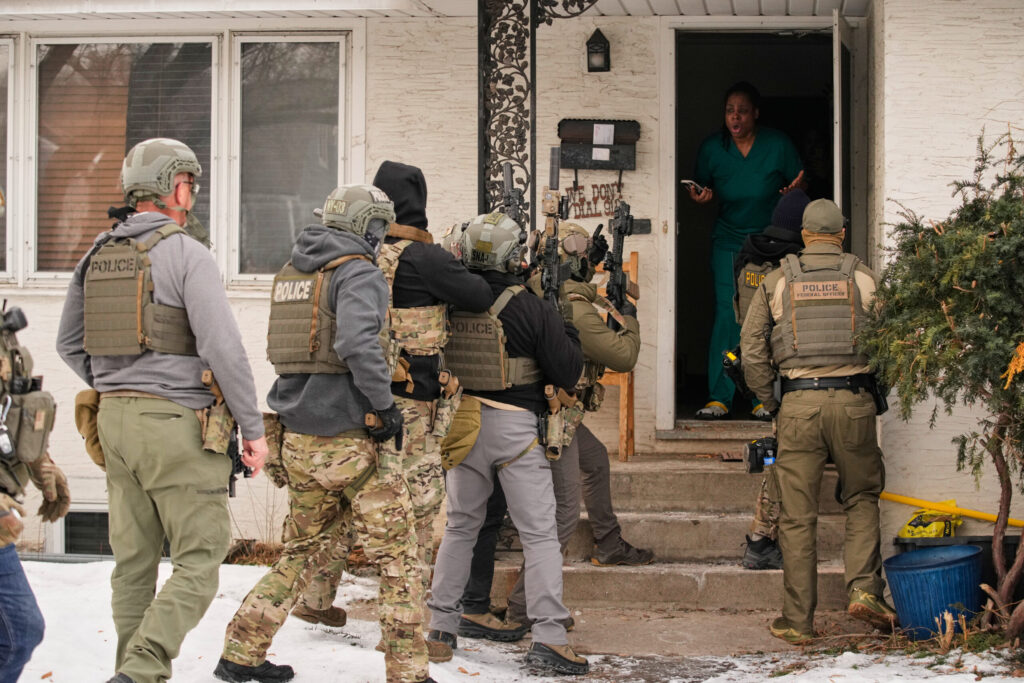Legislators not surprised aid in dying on ballot

In February 2016, state Rep. Lois Court, a sponsor of legislation that would have allowed terminally ill Coloradans to obtain a prescription drug to bring about their deaths, told her fellow lawmakers, “Make no mistake, the voice of the people of this state will be held. You will hear from your constituents one way or the other.”
She said those words after pulling a bill from the House floor that she and her colleague, state Rep. Joann Ginal, were running to give Colorado residents the option of “death with dignity.”
Fast forward to today, and Court says she is not surprised her words were so prophetic, with the Colorado Secretary of State’s office announcing that the issue has been placed on the ballot this year.
Initiative 145 permits “mentally capable” Colorado adults who have been diagnosed with an illness and have less than six months to live to self-administer a drug that would cause their death.
Court said with consistent support polling between 65 to 68 percent over the last several years, the medical aid in dying citizens initiative – which she strongly stressed is not a constitutional amendment – past efforts to pass legislation seem justified.
“We didn’t get the bill out of committee in 2015, we got it out in 2016, but it became such a divisive and difficult issue,” Court said she and Ginal were left with no choice but to pull HB16-1054, Colorado’s End of Life Options Act. “Now we’ll see in November, but I strongly believe this is something Coloradans want.”
Ginal agreed.
“We had successes with each step we took with the bill,” she said. “I think it helped lead to discussions among mothers, fathers, daughters and sons about this issue, so I think we’ll find people are behind this more than ever.”
Ginal added that as she knocks on doors during her election campaign, “70 percent of the people either say thank you for sponsoring this bill or that they support it.”
Court said she was “astounded” at the feedback she received when she first took up the issue in 2013.
“I had so many people contact me from every corner of the state,” she said. “It was overwhelming, from all political stripes and genders. “
Court said neither she nor Ginal actively pushed the citizen’s initiative, but were asked if they would be OK with a petition effort to get the issue before state voters.
“We said yes and a great organization called Compassionate Choices led the way,” Court added. “The language in the initiative is very similar to what we had in the bill.”
As an initiative, if state voters approve the measure and issues surface, the legislature can address them, unlike a constitutional amendment that can only be changed by voters.
The fact the state legislature couldn’t agree to address the issue is chalked up to politics.
“Legislators vote their own conscience and from what their constituents tell them,” Court said. “We just didn’t have as many people support us as we hoped for. And it wasn’t purely partisan; their were some Democrats opposed and some Republicans in favor.”
Ginal said the issue was something people in the legislature just didn’t want to vote for or they wanted to leave it to voters.
“I’m glad we came extremely close to getting a vote” in the House, Ginal said. “It made me very, very optimistic we will have success” at the voting booths across Colorado.
If approved by voters, Colorado would join California, Oregon, Washington, Montana and Vermont as states that allow some form of physician-assisted suicide.
‘Raise the Bar’ amendment added to ballot
A proposal that would make it harder to amend the state constitution will also be on the ballot this November. Backers of the “Requirements for initiated constitutional amendments” submitted their signatures on Aug. 5. The secretary of state’s office said enough valid signatures were on petitions to place the issue before voters.
Called “Raise the Bar,” Initiative 96 would require any petition for a citizen-initiated constitutional amendment be signed by at least 2 percent of the registered electors in each of the 35 state senate districts. The percentage of votes to pass any proposed constitutional amendment would be increased from a majority to at least 55 percent of the votes cast, unless the proposed amendment only repeals any provision of the constitution.
Updated on 8/17/16 to include comments from State Rep. Joann Ginal.














